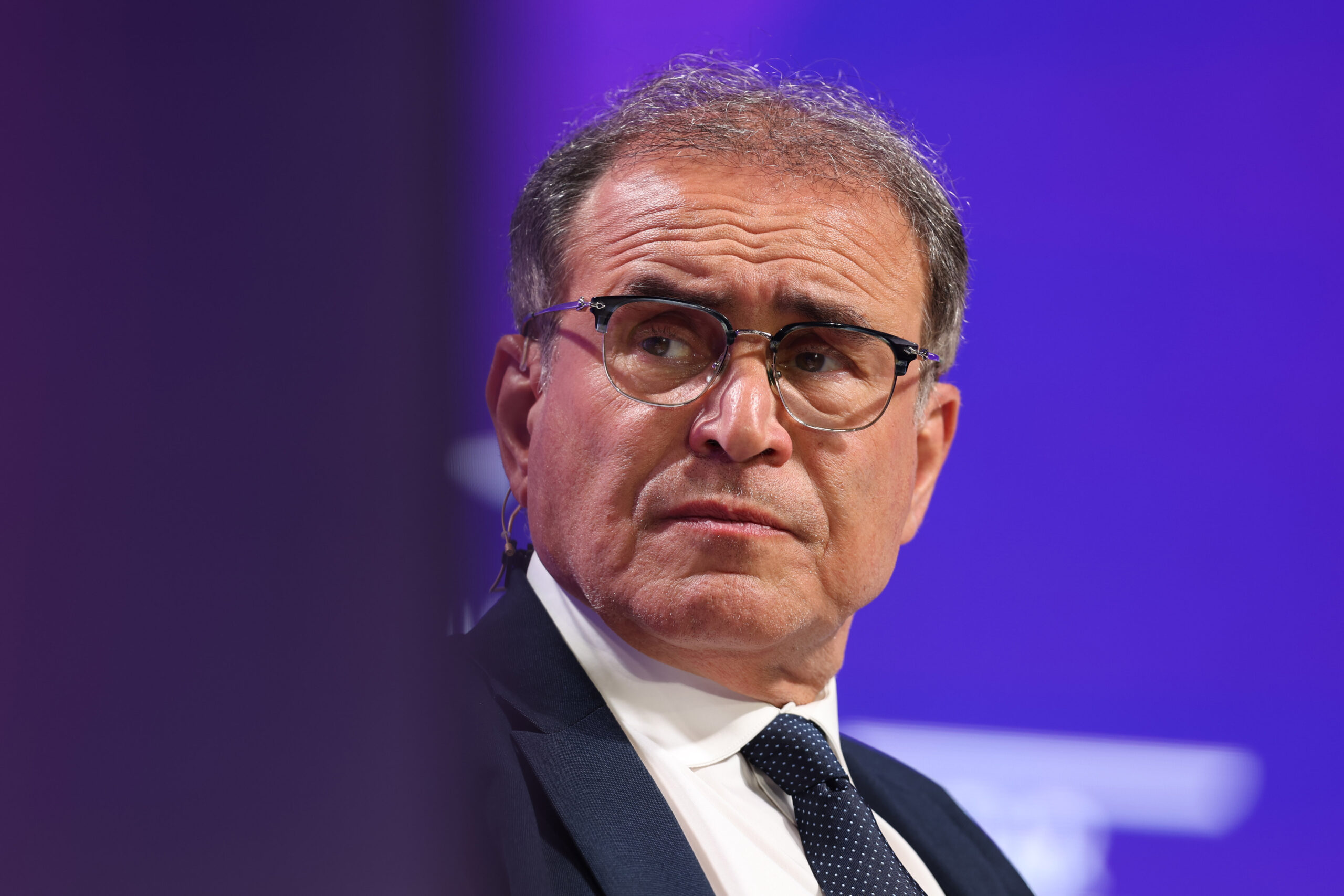Business
Russia’s Mortgage Boom: A Shift from ‘Debt Slavery’ to Housing Affordability

In a significant shift from decades of skepticism, Russians are increasingly embracing the idea of mortgages, a financial tool that was once viewed with deep mistrust. This change in attitude is courtesy of a combination of government initiatives and the geopolitical climate that has fostered a new perspective on home ownership.
Historically, the Soviet regime instilled a strong aversion to credit among its citizens, labeling it as a form of ‘debt slavery.’ This sentiment lingered even after the fall of communism, leaving many Russians reluctant to take on mortgages. For many years, the idea of borrowing money for a home was akin to a financial death sentence, with individuals preferring to save meticulously until they could afford a property outright.
However, over the past two decades, Russian President Vladimir Putin has been actively advocating for a shift in this mindset. During the early years of his tenure, in 2003, Putin addressed the housing crisis in Russia by promoting the benefits of mortgages. His intention was clear: to open up homeownership to a broader segment of the population, and to combat the housing shortages that had plagued the nation.
Yet, despite his efforts, the initial responses were lukewarm at best. Many Russians remained unmoved, favoring the traditional approach of saving rather than incurring debt. The cultural legacy of viewing debt as a burden proved to be a significant barrier to the widespread acceptance of mortgages.
The landscape began to change dramatically, however, following Russia’s invasion of Ukraine in 2022. The ensuing economic sanctions and international isolation compelled the Kremlin to adopt aggressive economic strategies, including the introduction of state subsidies for buyers of new residential properties. This initiative led to a rapid increase in the number of loans taken out for home purchases, creating what some experts are now calling a ‘mortgage boom.’
As a consequence of these generous subsidy programs, the real estate market in Russia has experienced explosive growth in recent years. The allure of owning a home, once overshadowed by the fear of debt, has now become a focal point of many Russians’ aspirations. Home prices have surged as demand continues to rise, fueled by government-backed incentives.
However, this newfound enthusiasm for homeownership has not come without its challenges. The Kremlin’s extensive subsidy program has led to skyrocketing property values, creating a scenario where the government now faces an ever-growing financial obligation. With the state shouldering the cost of these subsidies, concerns are mounting regarding the sustainability of this economic model.
Consumer banks, which have largely benefited from the surge in mortgage issuance, are now beginning to feel the pressure. The rise in housing prices has made it increasingly difficult for buyers to enter the market, and banks may soon face a dilemma: if housing prices continue to escalate, the borrowing capacity of potential homeowners could be negatively impacted.
The contrasting views within the political landscape, particularly regarding issues such as immigration, also play a critical role in shaping Russia’s economic future. As moderates and radicals present differing approaches to handling these issues, the economic consequences could be profound. A potential increase in the number of citizens seeking housing could further strain the market, while stricter immigration policies may lead to a contraction in demand.
Russia’s mortgage market is experiencing a historic transformation. From a society once wary of debt to one that actively embraces it, the implications of this shift are significant. As homeownership becomes accessible to more Russians, the Kremlin must navigate the complex interplay between housing affordability, state financial commitments, and the broader economic landscape.
The future of Russia’s housing market remains uncertain, but one thing is clear: the landscape of homeownership is changing, and it will have lasting effects on the Russian economy.












